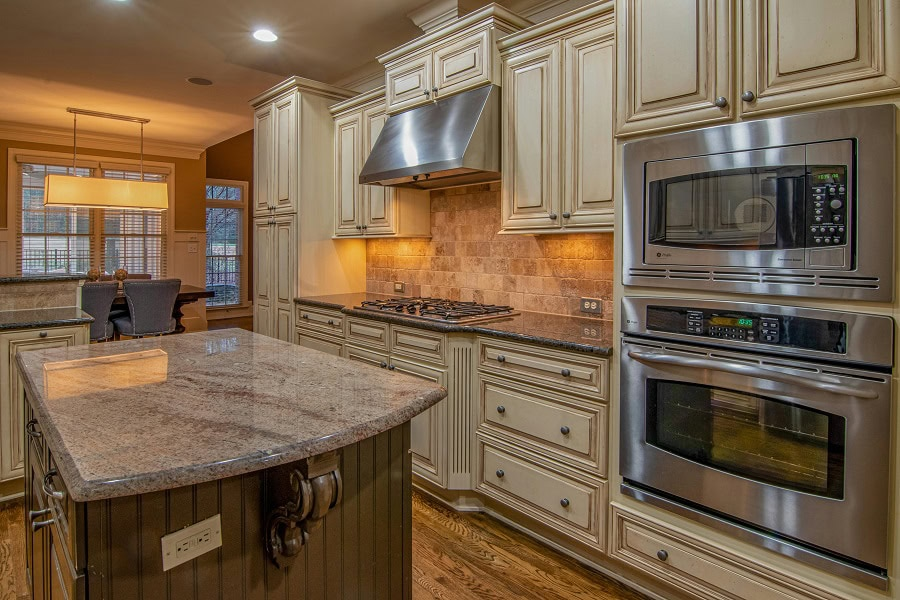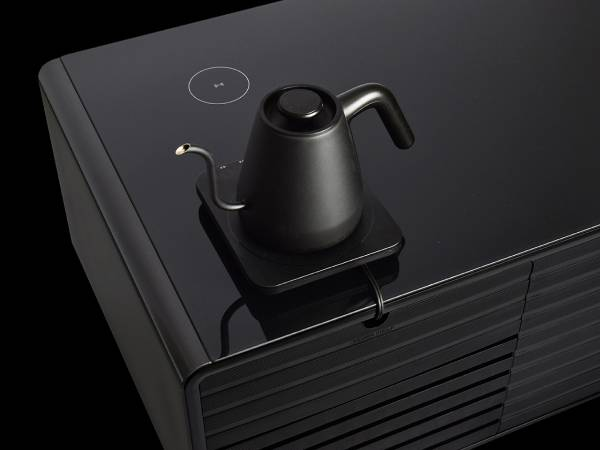
Choosing the right appliances for your kitchen is a significant decision that impacts both the functionality and aesthetics of your space. With a vast array of options available, it’s essential to make informed choices that align with your cooking habits, kitchen layout, and budget. This comprehensive guide will help you navigate the process of selecting kitchen appliances that meet your needs and enhance your culinary experience.

- Assess Your Cooking Needs
Before diving into the world of kitchen appliances, it’s crucial to evaluate your cooking habits and lifestyle. Are you an avid home chef who enjoys experimenting with new recipes, or do you prefer quick and simple meals? Understanding your cooking style will guide your choices:
- Frequent Bakers: If baking is your passion, investing in a high-quality oven with precise temperature controls and convection capabilities is essential. Look for features like self-cleaning options and multiple rack positions.
- Gourmet Cooks: If you love cooking elaborate meals, consider a range with a powerful cooktop and a double oven. Gas cooktops offer precise heat control, while induction cooktops are energy-efficient and fast.
- Casual Cooks: For those who prioritize convenience, opt for appliances with user-friendly features like programmable settings, easy cleaning, and space-saving designs.
- Consider Your Kitchen Layout
Your kitchen layout plays a critical role in determining the type and size of appliances you should choose. Whether you’re designing a new kitchen or upgrading existing appliances, keep the following in mind:
- Space Constraints: In small kitchens, consider compact or multi-functional appliances. For example, a microwave oven with convection capabilities can serve as both a microwave and a second oven.
- Open Floor Plans: In open-concept kitchens, the design and finish of your appliances are important since they’re often visible from other living areas. Stainless steel appliances offer a sleek, modern look, while panel-ready options can blend seamlessly with cabinetry.
- Work Triangle: Ensure your major appliances (refrigerator, stove, and sink) are arranged in a functional work triangle. This layout minimizes unnecessary movement and enhances workflow efficiency.
- Prioritize Energy Efficiency
Energy-efficient appliances not only help reduce your environmental impact but also lower your utility bills. When shopping for kitchen appliances, look for the Energy Star label, which indicates that the product meets or exceeds energy efficiency guidelines.
- Refrigerators: Choose models with energy-saving features like adjustable thermostats, auto-defrost, and efficient compressors. French door refrigerators typically offer better energy efficiency compared to side-by-side models.
- Dishwashers: Opt for a dishwasher with a soil sensor, which adjusts the water usage based on the cleanliness of the dishes. Eco-mode settings also reduce energy and water consumption.
- Ovens and Ranges: Convection ovens use fans to circulate hot air, reducing cooking times and energy usage. Induction cooktops are another energy-efficient choice, as they heat only the cookware, not the surrounding area.
- Budget Considerations
Kitchen appliances come in a wide range of prices, and it’s important to set a budget that reflects your needs and priorities. While it might be tempting to splurge on top-of-the-line models, there are plenty of mid-range options that offer excellent performance without breaking the bank.
- Appliance Packages: Many retailers offer discounts when you purchase multiple appliances from the same brand. These packages can provide significant savings and ensure a cohesive look in your kitchen.
- Long-Term Value: Consider the long-term value of your investment. High-quality appliances may have a higher upfront cost but can save you money in the long run through durability, energy efficiency, and reduced maintenance.
- Research and Read Reviews
Before making a final decision, take the time to research different brands and models. Online reviews, customer testimonials, and professional product comparisons can provide valuable insights into the performance, reliability, and potential drawbacks of various appliances.
- Customer Reviews: Reading reviews from other homeowners can give you a real-world perspective on how an appliance performs over time. Pay attention to recurring issues or complaints.
- Professional Reviews: Professional reviews often include detailed testing and comparisons between similar products. These can be especially helpful when deciding between two or more options.







